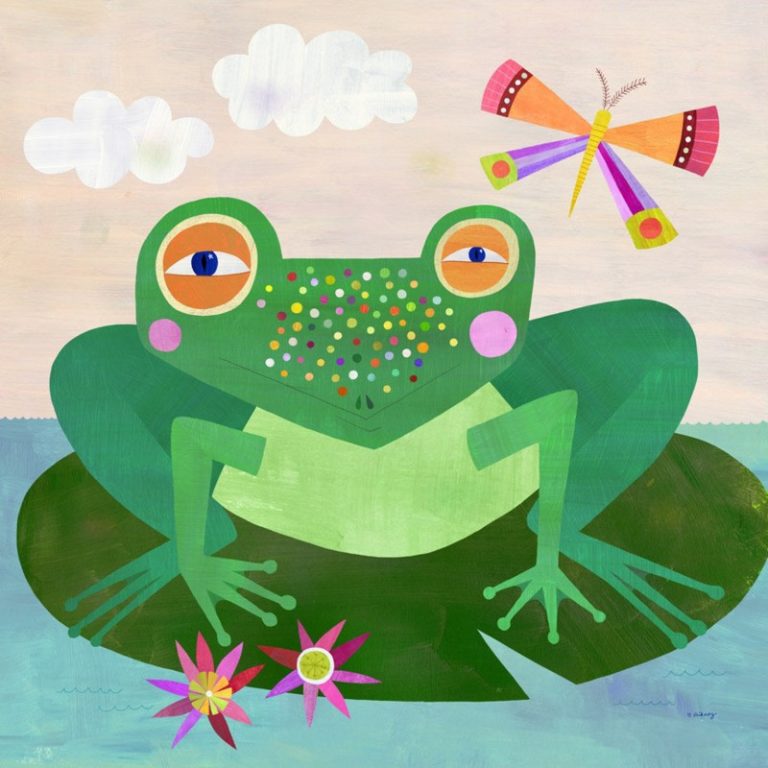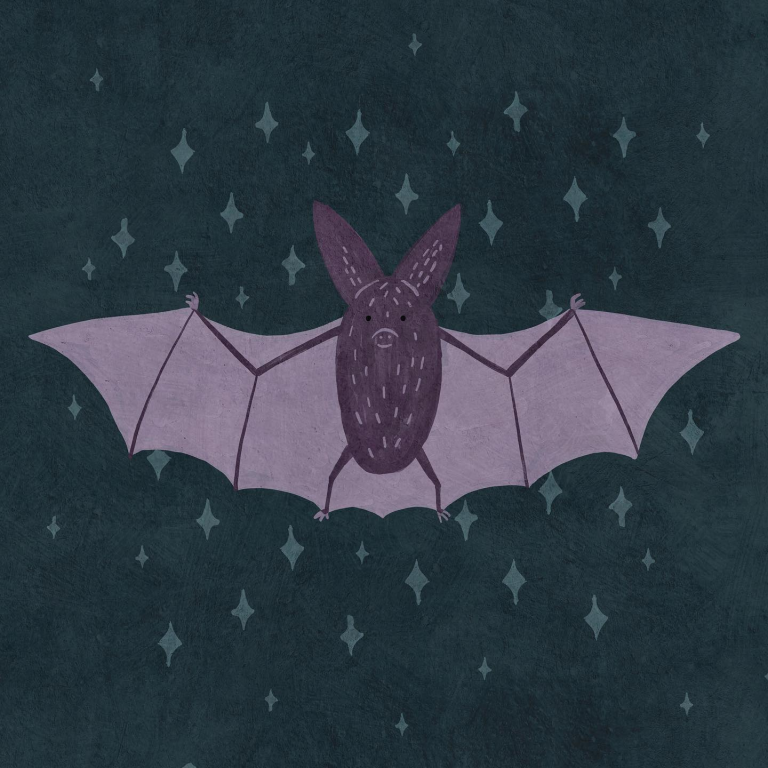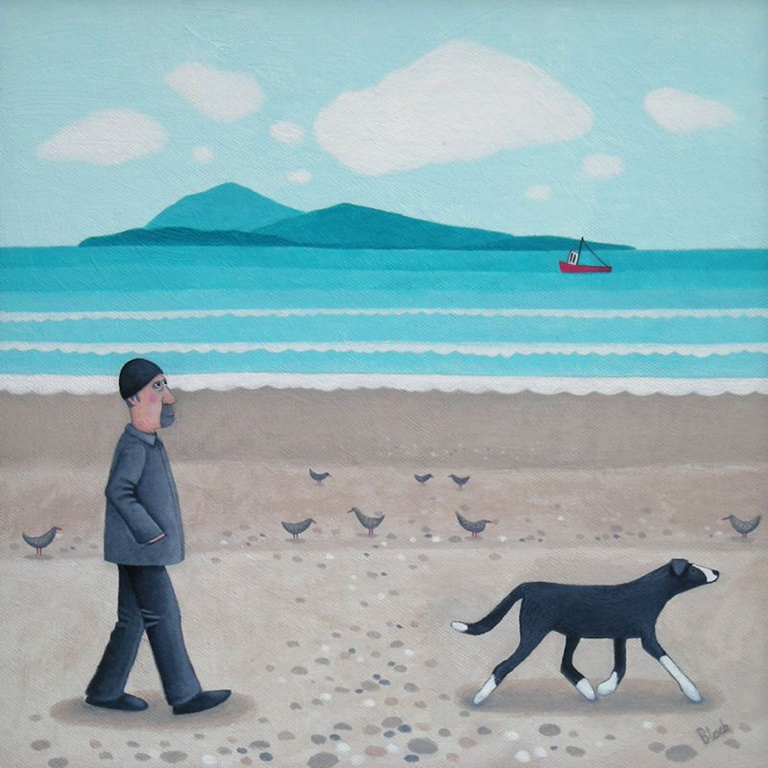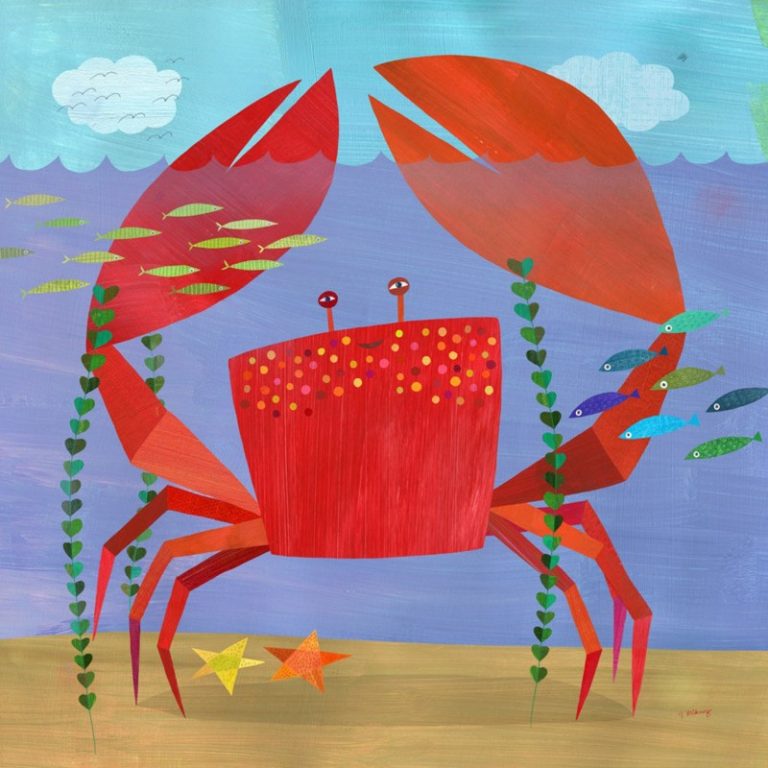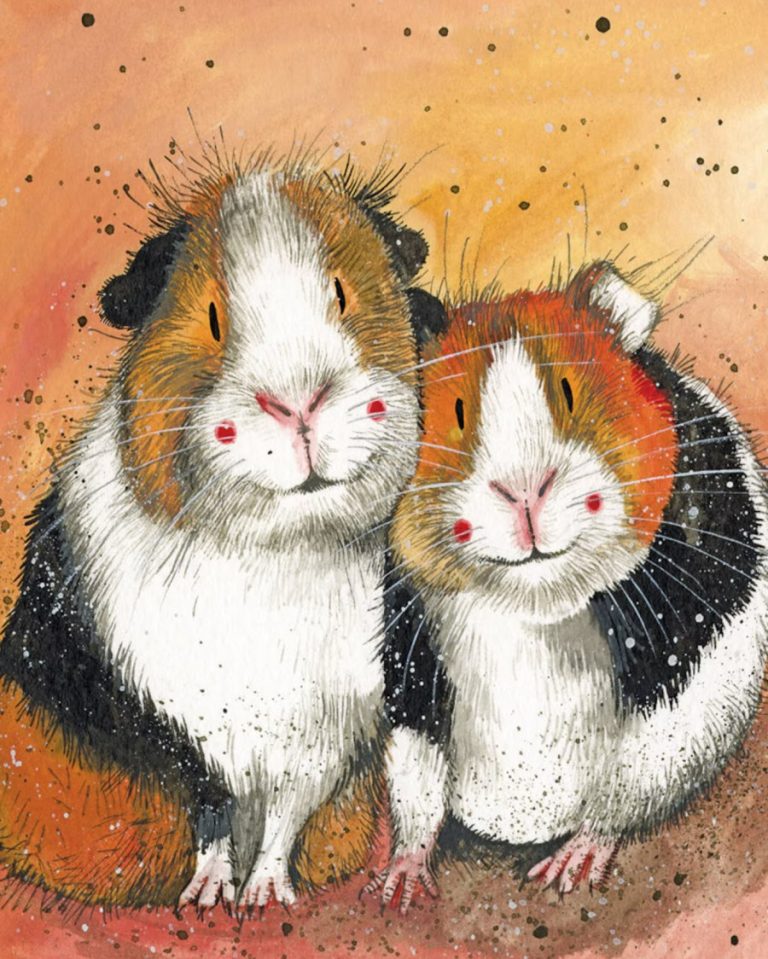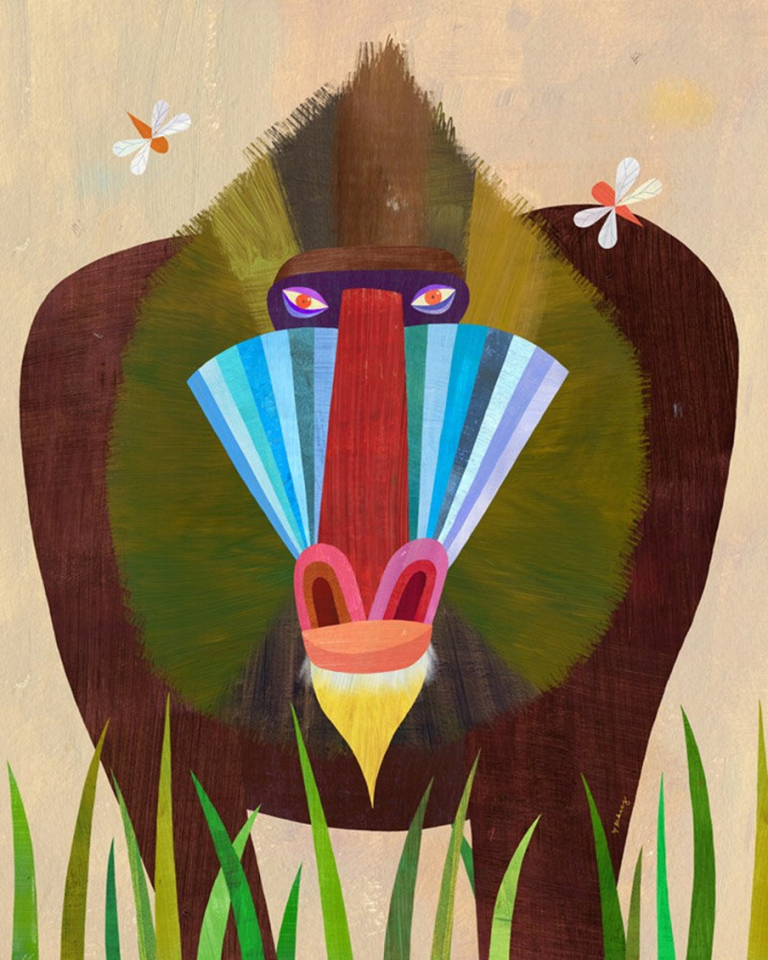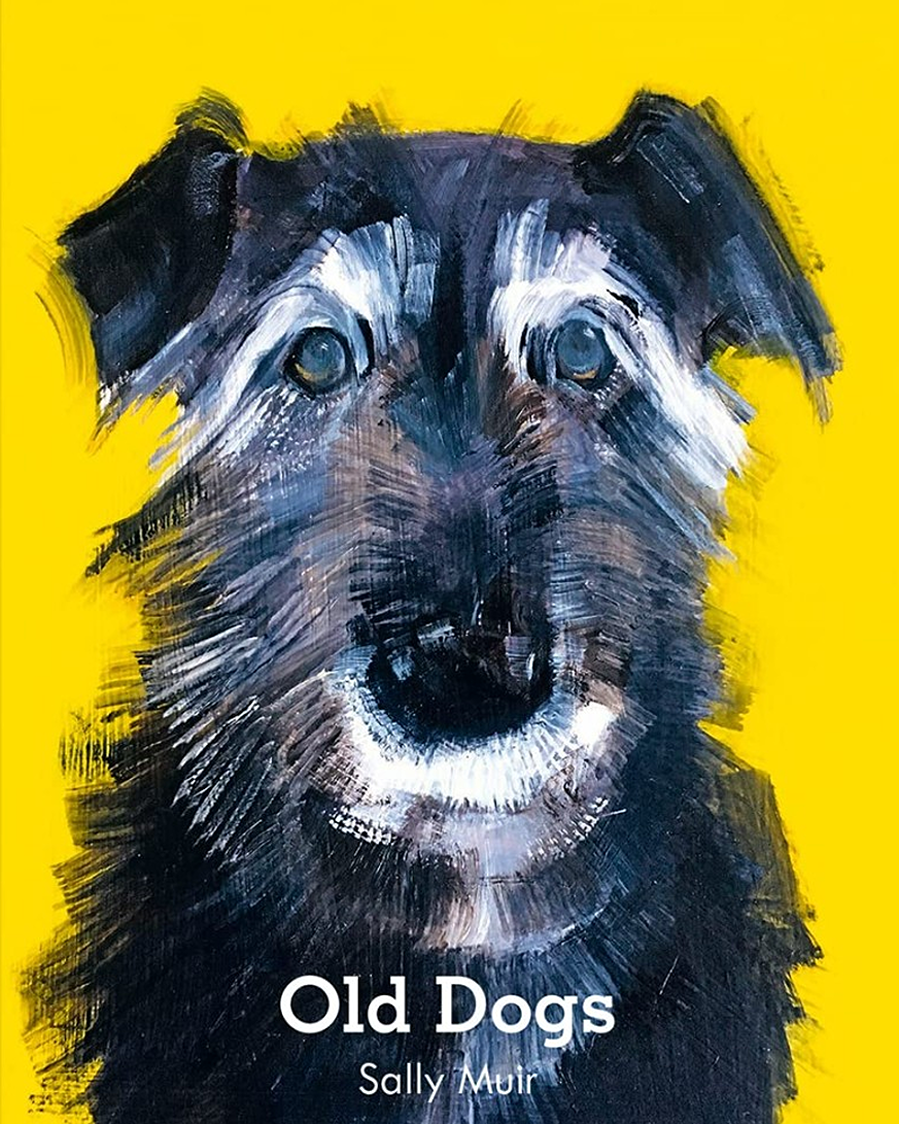
Caring for older dogs brings its own joys and challenges. As our companions age, their bodies and needs change, but that doesn’t mean life slows down completely.
With a bit of extra attention and a lot of love, senior dogs can stay active, cheerful, and comfortable well into their golden years. Here are some simple, effective tips to keep your older dog feeling their best every day.
Although lots of people adopt puppies, remember there are lots of old dogs that need loving homes, either through adoption or fostering, and there are other ways to help, if you are unable to live with a dog yourself, for various reasons. See the pets tag for more information. Read more on toxic foods and garden safety).
Also read the post on better pet food (older dogs in particular may need weeks or even months to slowly transition). If they are happy on what they are on, it may be best not to mess around with their food, to avoid upset tummies.
Oldies is a wonderful organisation that focuses on finding loving homes for the ‘overlooked oldie’ dogs that are often house-trained and want nothing more than a cuddle, a sofa to snuggle on and the odd sniff around the garden or short walks around the block or to a local park.
Volunteers are often needed to drive oldies to their new homes (the more volunteers, the less likely they have to take longer journeys to new homes). If you have a dog but are unable to look after him or her, you can contact their rehoming team and they will try to help.
Stick to a Steady Routine
Older dogs thrive on predictability. Regular mealtimes, walks, and bedtime give comfort and help ease anxiety, especially if your dog’s hearing or sight is fading.
Try to keep big changes to a minimum and make sure any household moves or shifts in schedule happen slowly.
Watch Their Weight
Keeping your senior dog at a healthy weight can help prevent many problems, from joint pain to heart trouble. Senior diets often need fewer calories, but just as much taste.
Talk to your vet about good food choices and keep an eye on portion sizes. Treats are great, but use them wisely.
Keep Them Moving
While older dogs may slow down, regular movement is still important. Short, gentle walks or a bit of fetch in the garden can keep stiff joints from getting worse.
Swimming is a good choice if your dog enjoys water. Adapt activity to what they can handle, and stop if you see signs of pain or tiredness.
Read our post on keeping dogs safe by the seaside.
Regular Vet Checks
As dogs age, problems can pop up quickly. Yearly visits to the vet (twice a year is even better for seniors) can catch issues early. Blood tests, dental checks, and weight tracking help spot trouble before it becomes serious.
Read our post on finding free and affordable vet care.
Care for Joints
Joint pain is common in older dogs. Keep them comfortable with soft beds, warm blankets, and easy access to favourite spots in the house. Non-slip mats or carpets help prevent falls.
There are good supplements around. Check with your vet before starting them.
Watch for New Behaviour
Sudden changes in mood, appetite, or activity often signal a health problem. Pay attention if your dog seems confused, drinks much more water, or starts having accidents indoors.
Don’t brush off changes as “just old age”; they often mean your dog needs care.
Keep Their Mind Busy
Dogs need mental exercise as much as physical movement. Try puzzle toys, gentle training sessions, or even a new route on your daily walk.
Older dogs can still learn new tricks, and challenges keep their minds bright and spirits high.
Mind Their Teeth
Dental care matters at every age, but it’s easy to forget as dogs get older. Bad teeth can hurt, make eating tricky, and cause other health issues.
Brush your dog’s teeth if they’ll let you, and ask your vet about cleaning, if brushing isn’t possible.
Grooming and Skin Health
Older dogs may not groom themselves as well. Regular gentle brushing keeps their coat soft, reduces shedding, and lets you spot bumps or sore patches early.
Long nails can be painful, so trim them as needed. Check ears, eyes, and skin for any signs of trouble.
Offer Comfort and Security
As senses fade, older dogs may get startled more easily. Turn on a light at night, avoid moving furniture too often, and greet them gently if they’re resting.
Your voice and touch are still the best comforts you can offer.
Many Older Dogs are Greyhounds

Many older dogs for adoption are from the greyhound industry (thankfully becoming less popular as people learn the truth about how they live, when not racing).
In fact, greyhounds are delightfully lazy, and as long as they have a safe place to run (or even walk on lead) will lounge around most of the time (a bit like a cat) as long as they don’t see a rabbit!
Many Old People Live with Old Dogs
Why are there so many older dogs looking for homes? Partly because we’re an ageing community so many older people die (you can help older and disabled guardians by becoming a volunteer dog walker, which lets dogs stay in homes with those they love)
And often shelters have lots of ‘pairs of older dogs’ who have been together for life, so they try to wait to adopt them out together.
Even if you don’t adopt, you could volunteer to help with walking, building work, admin or fundraising. Or join Snuggles Project to knit/crochet comfy blankets, while animals wait for homes.
You can leave money to look after pets. If you have no-one to look after them if you die, Dog’s Trust Care Card is ideal to keep on your person, and they will try to find loving homes, keeping pets together.

